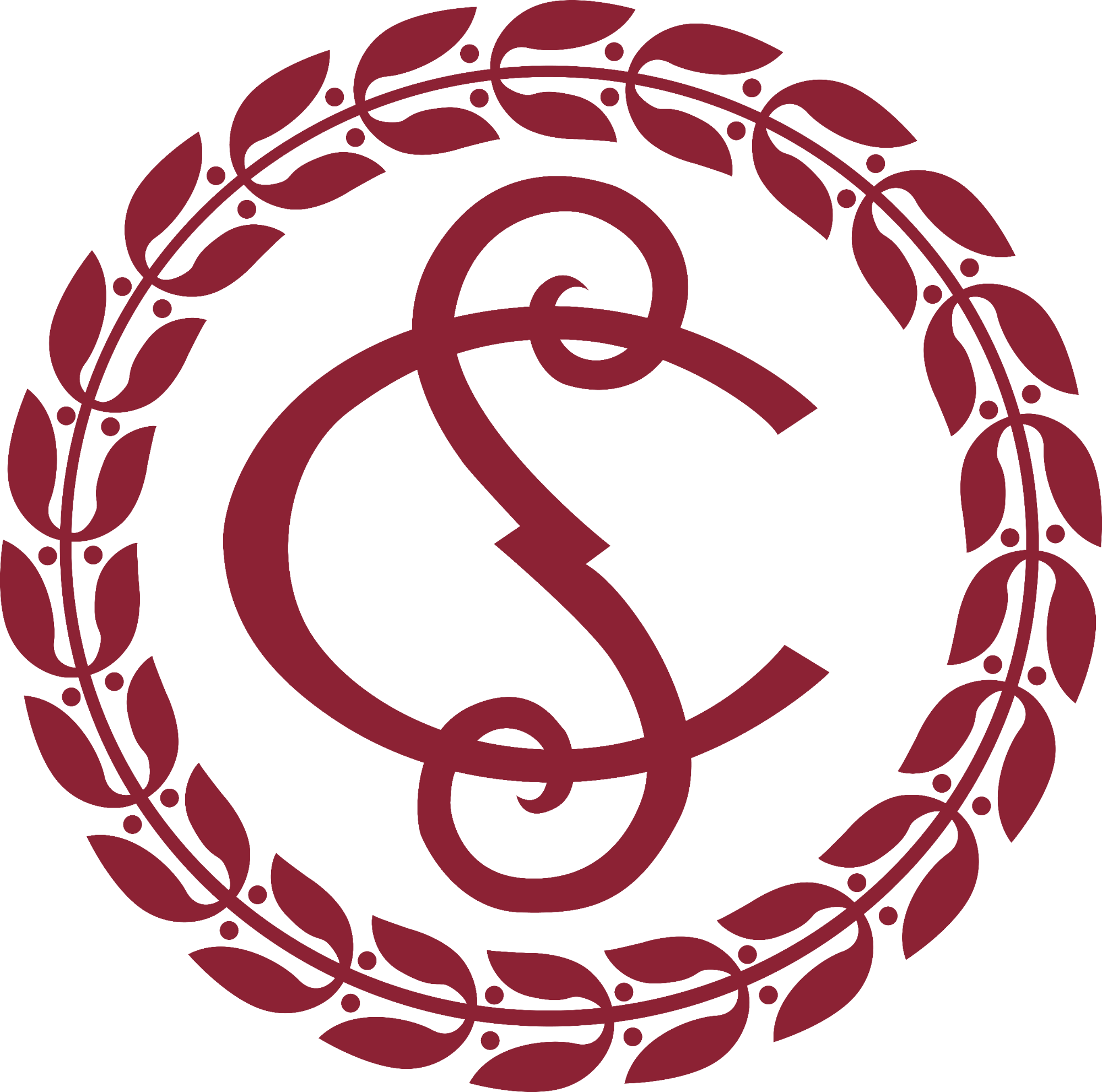Outreach to Canadians
The Court participates in a wide variety of education and outreach initiatives for educators, students, members of the legal community and the public at large. Promoting an understanding of the Supreme Court’s role makes the work of the judiciary more accessible to Canadians. This is important because its decisions have an impact on our society.
On this page
Strengthening awareness of the Supreme Court’s role
In line with its efforts to promote openness and transparency, the Court welcomes individuals and school groups for guided tours, both in person and online. These tours offer a look inside our historic building and a chance to hear more about the role and function of the Court from one of our knowledgeable, bilingual guides.
The Supreme Court also strives to empower educators with the knowledge and tools they need to teach the next generation about our judicial system. Our educational kit provides a range of resources such as a printable handout on the role of the Court, an activity book for younger students and a lesson plan for hosting a mock trial in the classroom.
Promoting access to justice
Judges of the Supreme Court are strong advocates for the principle of access to justice. The challenges associated with access to justice have been well documented and everyone in the justice system has a role to play in solving them.
Members of the Court also recognize the value of initiatives like legal clinics, legal aid, pro bono and duty counsel work. There are many organizations across the country working to ensure that members of the public are aware of their legal rights, can access legal information and know where to turn for affordable legal representation.
The leadership provided by the Action Committee on Modernizing Court Operations, which is co-chaired by the Chief Justice and the Minister of Justice, is instrumental in improving access to justice for court users.
Engaging with the legal community
The 9 judges of the Supreme Court often participate in initiatives hosted by national, provincial and local bar associations and law societies. They collaborate with administrators and professionals from other courts to exchange ideas and best practices. Judicial independence, access to justice, and health and wellness have been notable topics of discussion.
Judges of the Supreme Court also meet regularly with students from Canadian universities to discuss various issues and share information about their career paths.
Sitting outside of Ottawa
Recognizing that not everyone can visit Ottawa to attend a hearing in person, Chief Justice Richard Wagner decided to hold hearings in other Canadian cities for the first time in the Court’s history.
- Read more about the Court’s visit to Winnipeg from September 23 to 27, 2019
- Read more about the Court’s visit to Quebec City from September 12 to 16, 2022
During each visit, the Court sat for 2 hearings, met with high school and university students, held a free public event and spoke with local members of the bar and judiciary.
“Hearing cases outside of Ottawa is an initiative inspired by the principles of access to justice and an open court,” said Chief Justice Richard Wagner during a news conference with local media in Quebec City. “This is an opportunity for the Court to make its work, activities and role in Canadian democracy known to a wider audience.”
Related links
- Educators and students – Explore engaging and interactive activities and quizzes to learn more about Canada’s highest court.
- 150 years of the Supreme Court of Canada – Find information on the activities planned to commemorate our 150th anniversary in 2025.
- Guided tours – Join a remote or in-person tour to discover the Supreme Court of Canada building and learn more about its role, history and architecture.
- Request a speaker – Complete the electronic form to request a speaker from the Court for an event.
